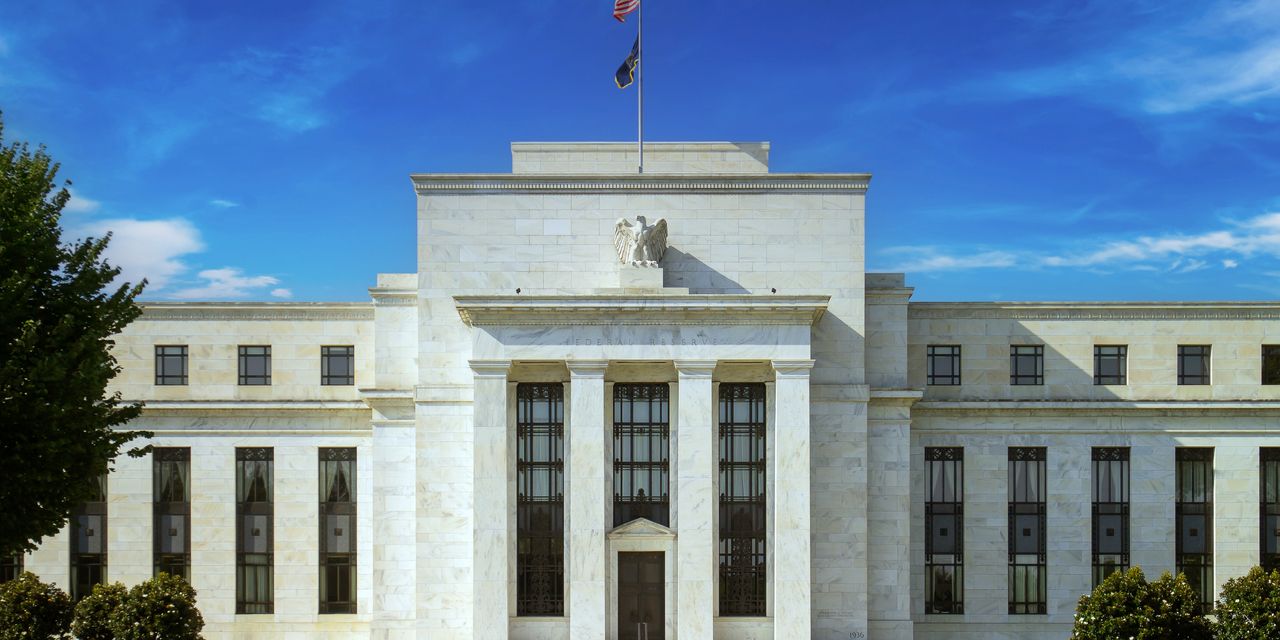Democrats are increasingly split over the issue of tougher bank regulations, as some of the party’s lawmakers join their Republican colleagues and bank executives in questioning whether the Federal Reserve and its partner agencies are going too far with proposed rules that critics say could slow growth and crimp lending to critical sectors of the economy.
The Fed, in conjunction with the Federal Deposit Insurance Corp. and the Office of the Comptroller of the Currency, proposed in July that banks keep higher levels of shareholder-funded capital on hand to protect against losses on lending activity like mortgages and corporate loans.
The proposal is an attempt to comply with an international agreement called Basel III, which was forged after the 2008 financial crisis in a bid to make the global financial system safer.
See also: JPMorgan Chase CEO Dimon says consumers are good, new banking regulations are bad
“I am very concerned about the economic consequences of this rule and its potential impact on our banking institutions as they engage in critical market activity,” Democratic Rep. David Scott of Georgia said during a House Financial Services Committee hearing on the topic Thursday.
Democrats have typically been supportive of stricter financial regulations, and the Basel process is being shepherded by Michael Barr, the Fed’s vice chair for supervision, who was appointed by President Joe Biden.
The new capital requirements could threaten lending to sectors of the economy that Democrats favor, however. Democratic Rep. Brad Sherman of California criticized the proposal for increasing the capital that banks would have to have on hand in order to invest in clean-energy tax credits.
Rep. Gregory Meeks, meanwhile, expressed concern that the new rules would penalize banks for making loans under a “special purpose credit program” aimed at making it easier for people from historically disadvantaged communities to get home loans. “I am very concerned about homeownership,” the New York Democrat said.
The Democrats’ concerns echo those voiced by Republicans on the committee, all 29 of whom sent a letter to Barr and the heads of the FDIC and OCC demanding that they withdraw the proposal and start from scratch.
Bank executives have also been vocal in pushing back against the rules, with JPMorgan Chase & Co.
JPM,
CEO Jamie Dimon telling attendees at the Barclays Global Financial Services Conference on Monday that the rules would put U.S. banks at a disadvantage compared with their European rivals.
“We would have to hold 30% more capital than a European bank,” Dimon said of the proposed rules, and he later questioned why there was an international process like Basel if U.S. regulators were willing to stray so far from their foreign counterparts.
Brian Gardner, a policy strategist with Stifel, said in a Thursday note to clients that such opposition could lead regulators to significantly water down the proposal or withdraw it altogether.
“The proposal has already been criticized by parties other than the banking industry,” Gardner said. “Housing groups, for example, have been concerned about the proposal’s impact on the availability of credit for residential mortgages. A re-proposal would enable the regulators to address that and other criticisms immediately. “
Read the full article here











Leave a Reply